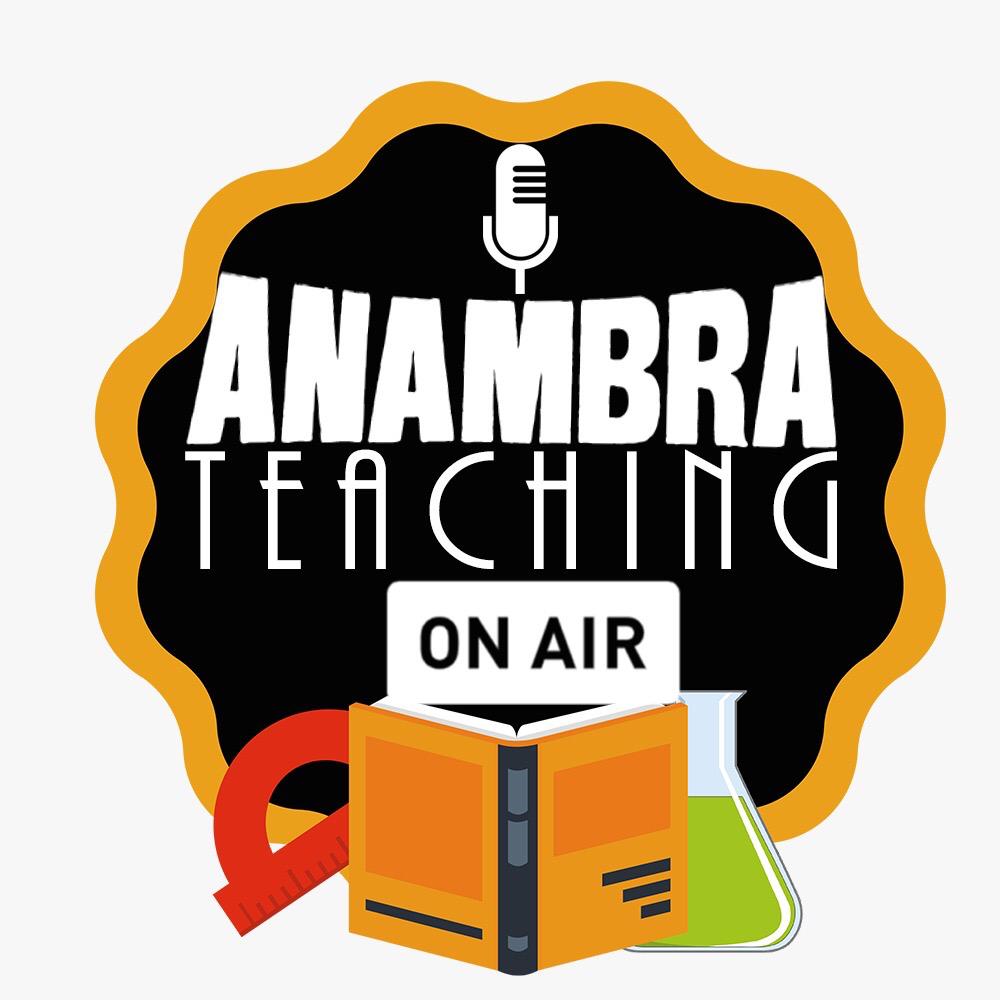The world as we know it has changed. The changes have been forced on humanity by the Covid-19 dreaded disease. Humanity is facing serious crises and has tasked people and operators in many social and economic sectors to think of new ways of staying alive.
In Anambra state, the forced school closure has led to the introduction of Anambra Teaching On Air, a collaborative and innovative blended learning programme pioneered by the Anambra State Ministry of Basic Education and the Anambra Broadcasting Service (ABS). The novel teaching programme targets pupils and students in Primary, Junior Secondary and Senior Secondary Schools.
Lessons are delivered on air, at advertised times, three hours daily every week day. One hour each is allocated to the three compulsory school categories. Anambra State Universal Basic Education Board (ASUBEB), the Post-Primary Schools Services Commission (PPSSC) and the Ministry of Basic Education team up to select and nominate the teachers, who are selected from the various education zones in the state.
The exciting thing about Anambra Teaching on Air programme is that it is delivered across multiple platforms. It is broadcast live simultaneously on ABS 88.5FM Awka and ABS 90.7FM Onitsha. The teaching is also streamed live at the same time on Anambra Broadcasting Service Facebook page where the teachers receive instant feedback through comments viewers make or questions they ask.
Each lesson is recorded, both on audio and video. The video is subsequently broadcast on ABS TV Channel 24 Awka, and ABS TV Channel 27 Onitsha. The recorded video is also uploaded on ABS Youtube channel (@ABSTelevisionAwka) for students to view or download. Finally, the recorded audio is uploaded as podcast for listening or download on absradiotv.com/podcast. This means that any interested person can access the lessons through each of these many ABS platforms. It has been observed that the audiences are not only based in Anambra but all over the world. While we cannot estimate the number of listeners on the live radio lessons, viewership of the live Facebook streaming runs into thousands. This is encouraging as ordinarily, the teacher will be teaching only 20 to 30 pupils and students per class in their various schools.
There is evidence also through comments on the ABS facebook page, and during questions and phone-in sessions of how Anambra Teaching on Air is helping to bring communities together. For example, a visitor to Ebenebe in Awka North local government, commented on how he met a bunch of students huddled together with notes and pens at the village square, listening to Anambra Teaching on Air over a communally provided radio set, powered by batteries. This suggests also that the students are being usefully engaged during the lockdown period.
However, the support of parents and guardians are required to ensure that they are monitoring their wards and children during the lesson times. This will ensure that they are not only tuning in, but are also paying attention and participating actively, by copying notes, asking questions and completing tutor assignments which are given at the end of each lesson.
Some adults have called-in as well during the question and answer sessions to seek clarification on certain themes after a session. This suggests therefore that adults are also benefiting from the lessons. We have received comments on Facebook from a parent living in far away America thanking the organizers for the Igbo lessons. The individual said she tunes in regularly with her American-born children to the Igbo lessons as this helps her children improve on their mastery of the language.
Unfortunately, some challenges, including access to the internet, non-availability of regular power supply during the live broadcasts, have been observed. These challenges have all been noted by the Ministry of Basic Education and its partners.
Thankfully, Anambra State Commissioner for Basic Education, Professor Kate Omenugha says that the ministry is considering all the options, comments and feedback, and will consider other measures which will be introduced as time goes on. She praised the fantastic support provided by the Governor of Anambra State, Chief Willie Obiano, especially in the area of resourcing and advice.
Corporate organizations, the Federal Ministry of Education, the Universal Basic Education Commission (UBEC) and other education funders should consider supporting the states financially to sustain this.
It is not surprising that during a live briefing on Channels Television recently by members of the Presidential Task Force on Covid-19, the Minister of State for Education, Emeka Nwajiuba, was asked what the Federal Ministry of Education was doing for schools and students to bridge the learning gap during the forced Covid-19 sit-at-home. The Minister used Anambra Teaching On Air run on Anambra Broadcasting Service (ABS) as an example.









Comments are closed for this post.